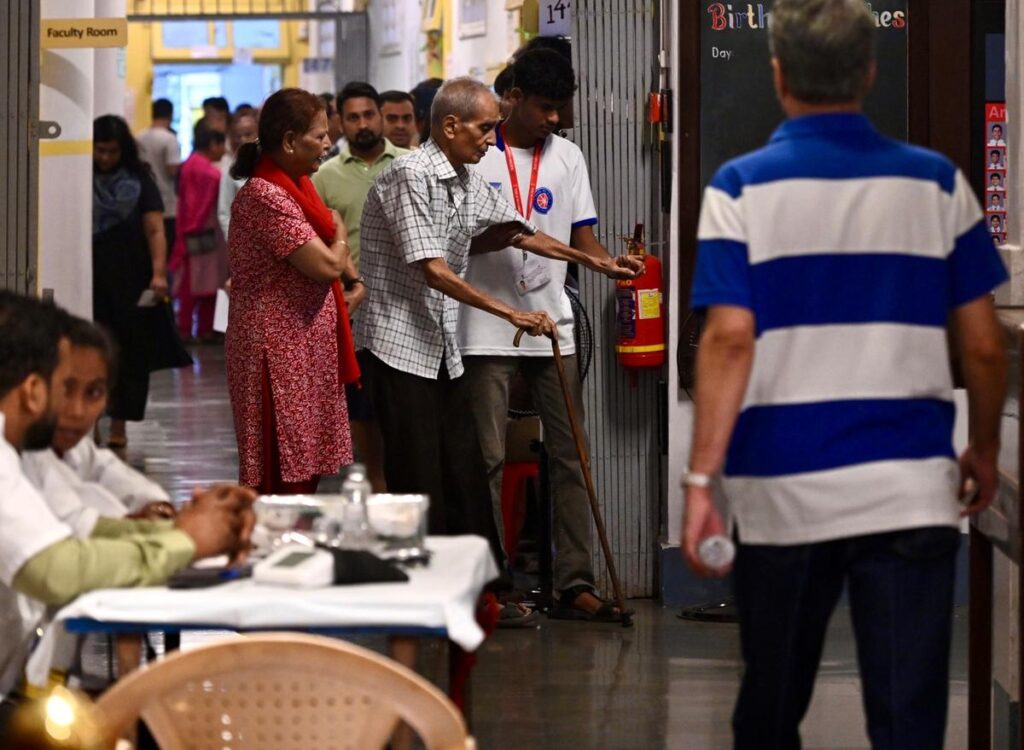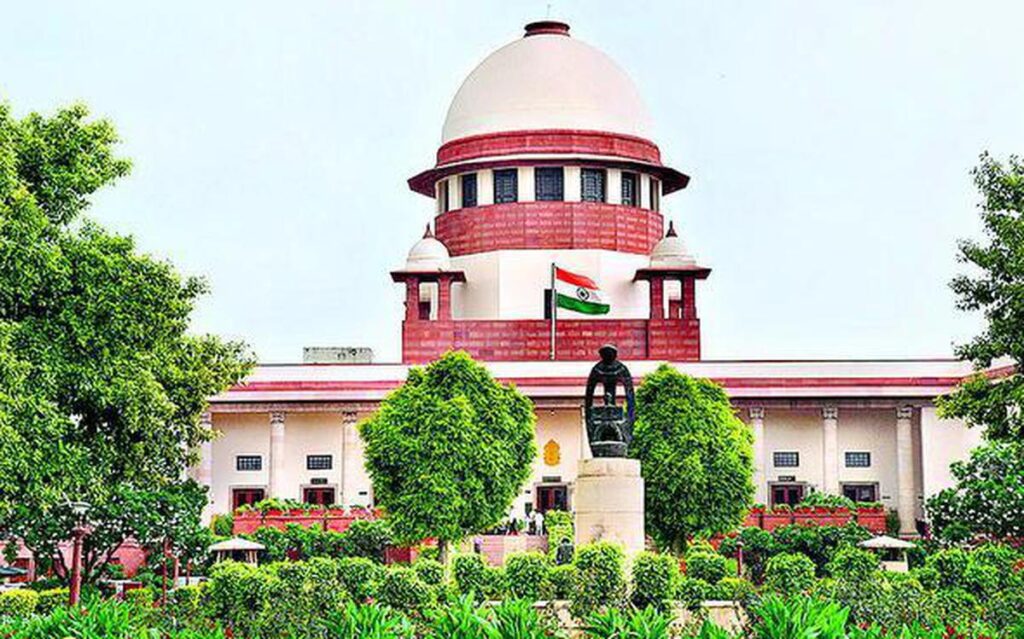Now Reading: Bawankule Urges Citizens to Join ₹10-Crore Tree Plantation Drive, Calls It a Shared Responsibility
-
01
Bawankule Urges Citizens to Join ₹10-Crore Tree Plantation Drive, Calls It a Shared Responsibility
Bawankule Urges Citizens to Join ₹10-Crore Tree Plantation Drive, Calls It a Shared Responsibility

Maharashtra BJP President Chandrashekhar Bawankule has emphasized the collective responsibility of citizens in making the ₹10-crore tree plantation drive a success. Speaking at an event in Nagpur, he called for active participation from individuals, local bodies, and institutions to strengthen environmental protection efforts across the state, particularly in regions facing rapid urbanization and climate stress.
Massive Green Initiative for a Greener Maharashtra
The plantation campaign aims to plant crores of trees across Maharashtra, with a particular focus on water-scarce, heat-prone areas such as Vidarbha. Bawankule reiterated that this mission is not just a government scheme but a people’s movement that requires participation from every section of society—from schoolchildren to senior citizens.
By involving all stakeholders, the initiative hopes to create long-lasting green cover, reduce air pollution, and improve local climate conditions.
Focus on Tier 2 Cities and Rural Belt
Tier 2 cities like Nagpur, Amravati, Akola, and Wardha are at the heart of this plantation drive. These cities, surrounded by semi-rural and agricultural zones, are witnessing increasing environmental stress due to construction, deforestation, and rising temperatures.
Local municipal bodies, NGOs, and Gram Panchayats have been urged to take ownership of specific plantation targets and ensure tree survival beyond the planting stage.
Tree Plantation Beyond Symbolism
Bawankule stressed that the goal is not just to plant trees for record numbers, but to ensure they grow into healthy forests and green spaces. He emphasized the importance of maintenance, regular watering, and community guardianship. Without follow-up care, the effort risks becoming symbolic rather than impactful.
Educational institutions are being roped in to create awareness among students, and government officials will track plantation zones using geo-tagging to monitor progress.
Opportunities for Youth and Local Participation
The initiative is expected to open doors for young volunteers, local employment, and nursery businesses. Colleges and schools in smaller towns are already taking pledges, forming eco-clubs, and scheduling plantation events in collaboration with local forest departments.
Such civic engagement not only boosts environmental awareness but also gives communities a sense of shared responsibility and pride.
Conclusion:
The ₹10-crore tree plantation drive is more than just an environmental effort—it is a statewide call for unity and responsibility in the face of climate challenges. With regions like Vidarbha stepping forward, the success of the campaign lies in consistent public involvement and care. As Bawankule rightly said, planting trees today is an investment in the health, future, and well-being of tomorrow’s Maharashtra

























